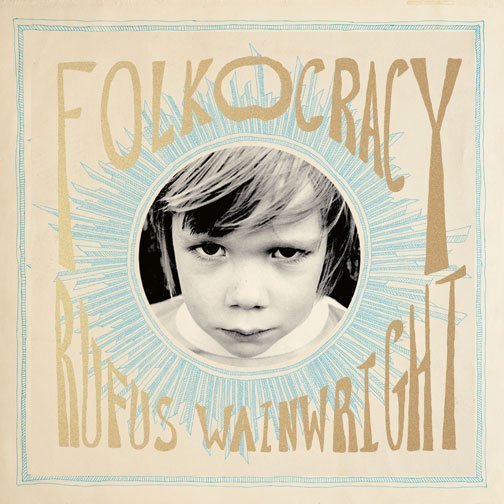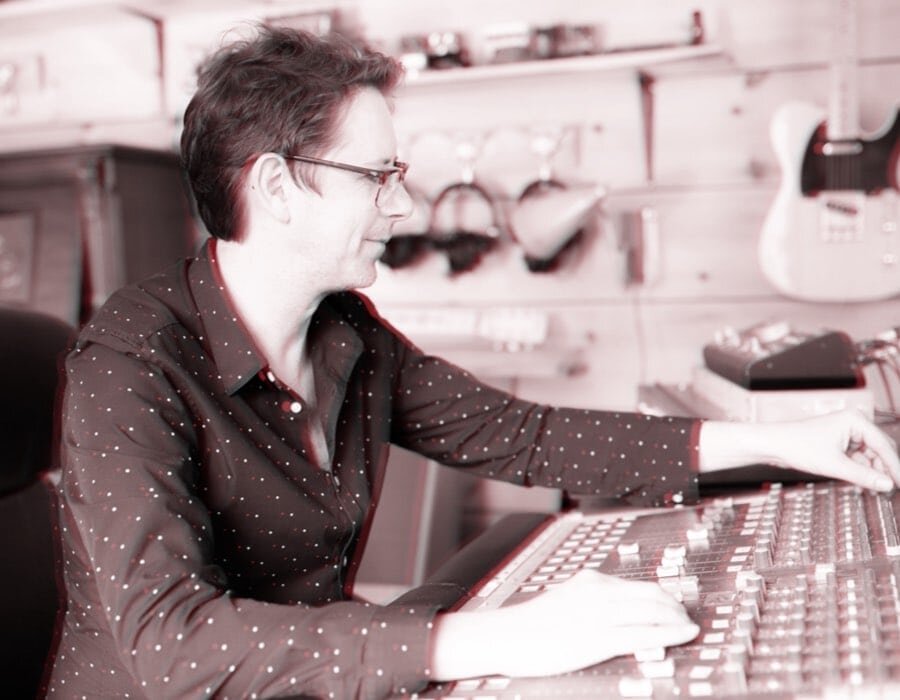Slowcity.ca: First can you give me a brief bio with a focus on your life in music ?
James McKenty: “I grew up in Perth Ontario. I was in grade nine when I discovered guitar and all I wanted to do was play. Following high school, I spent seven months at The Recording Arts Program of Canada in Hamilton getting my Audio engineering degree. I wasn’t really a singer (or a songwriter for that matter) until I moved to Peterborough in 2000. I viewed the city as a fresh start and spent a lot of time working on writing and developing as an artist. In 2002, I released my first solo album. (Restless Soul) In 2004, I started a band (The Spades). A three piece that toured for 10 years. The Spades brought many great opportunities and landed us a few iconic gigs at places like playing Massey Hall or our opening slots with The Tragically Hip.
SC: Peterborough has such a great scene, whats are your thoughts on why that would be so?
JMK: “Peterborough has a pretty inspiring arts community. When I moved to town, there were countless scenes and venues. The Only Cafe comes to mind. A long, narrow bar which feels like a museum to rock and roll. The walls are lined with hundreds of vintage posters and photographs of all the greats. The Montreal House was another fantastic scene. In the beginning, there was no stage and the bands had to rent a PA next door at Bud’s music and run it themselves.
“Aside from the downtown venues, I’ve always felt that the University and College we have here bring in new artists every year and if we’re lucky, some decide to stay. It’s also perfectly situated between Ottawa, Kingston and Toronto if you aspire to tour.”
SC: Why have you decided to set up shop in Peterborough, did you get any support from the area’s economic development offices?
JMK: “A series of events and opportunities have seemed to come to me here. I have been a part of several studios that came and went but what I have now has really been the most fruitful. I’m a family man! The studio is now right beside the house. I walk out the back door, open the studio door, and I’m at work. Once you have a family, and the grandparents are close by, and your child goes to school, a town like this becomes part of the fabric of your life. The support here is amazing.
“After drawing up the plans for the studio, I had a tough time getting a bank loan. This is probably quite common for artists and entrepreneurs. Luckily, Community Futures (small business support and development) in Peterborough stepped in and I got a loan of $10,000 which helped me complete what I had started building. I am VERY grateful to Community Futures for that.”
SC: You are involved now in studio production and actual vinyl production, tell me first about your studio and what you think you and it brings to producing?
JMK: “I record all kinds of different music but the Roots, Folk, Country, Rock and roll variety are what I seem to be doing the most. Many of those artists aspire to the albums we all love and a lot of those classic albums are of a time and a place. Songs are ready, the band is ready and they go in and do it right then and there … It’s the opposite of saying “ok, we will record the drums first, then the bass, then the guitars” etc… The goal is to be transported by the music as it’s happening, not looking at a computer screen wondering how it might sound LATER?!?
“I believe this approach has brought me some work. Each approach has it’s challenges but I’ve spent a lot of time focusing and practicing on how to get a live performance to “sound like a record”. I often think “Why dissect a good band and separate them from playing together?” If each musician plays in headphones with the rest of the band watching them they can feel isolated (which is what they are) it can also lead to people self analyzing and asking themselves “am I good enough?”. Blue Rodeo’s ‘Five days in July’ and the Tragically Hip’s ‘Road Apples’ are my favorites from those bands and those are essentially live albums. Band does their thing, producer and engineer do their thing and that’s it.
“The room is also an instrument, too. So you want a set up where the artists feel comfortable, and they can hang, eat dinner together and all those human connections can happen. Recording really is just taking a picture of sound and if the recording puts you somewhere else, inside someone else’s life and what was going on I think that’s the ultimate goal.”




